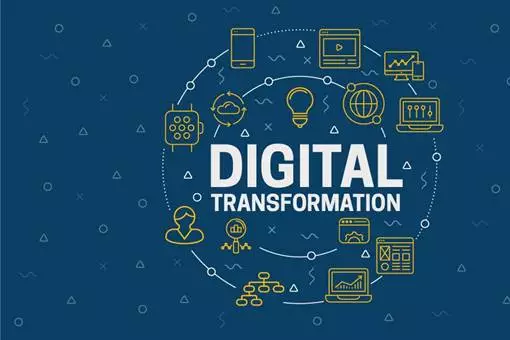This is how Bill Gates envisions the world in 2030
- 4th February 2015
- Innovation & Technology

Bill Gates reveals how he thinks the world of 2030 will look in an open letter.
Looking into the future is often reserved for the likes of astrologers, fortune tellers and tarot card readers. However, there are few other visionaries as well placed to make some educated guesses than Bill Gates, who recently revealed his predictions for the four key developments that 2030 will hold, in an open letter from the Bill and Melinda Gates Foundation.
Mr Gates then further expounded on these issues in an interview with The Verge.
Improved healthcare
Gates believes that healthcare will continue to receive investments that will allow for a better survival rate across the globe. He anticipates upcoming breakthroughs over the next 15 years that will cut the global infant mortality rate from 20 per cent to 2.5 per cent.
Some of the notable breakthroughs are likely to be the creation of two new key vaccines.
“We are developing one for diarrhoea called rotavirus and one for respiratory disease called pneumococcus,” Mr Gates explained.
“Those two alone will save over half a million lives, and that's why we think we can go from the 20 per cent – the one in five who die before they are five – to one in 40 [people] 15 years from now,” he added.
Doubling of food productivity
The key to increasing agricultural productivity lies in educating farmers in developing countries, according to Mr Gates. Agricultural extension, which is the application of scientific research and new knowledge to agricultural practices through farmer education, will bring continents like Africa up to speed in the amount of food they can produce.
But to help them along, Gates believes that richer nations should supply poorer countries with seeds at lower prices.
“You need better seeds, you need farmers to adopt the best seeds, and the farmers have got to be a lot more educated in terms of growing them. If they don't have enough money to get fertiliser, that alone will cut their productivity substantially,” Mr Gates explained.
“By managing those things well, we predict we will get African productivity up to 1.5 times what it is today, and that we will get Africa to the point where it can feed itself,” he added.
Digital banking revolution
More people will save money if mobile transactions and micro-payments become the norm, which would grant a much improved access to financial institutions for many of the world’s poor. If banking is taken digital, it will lead to less economic losses that are inherent with the current outdated system, explained Mr Gates.
“We can take and build a debit card equivalent that's just a cellphone, as we have already seen in a few pioneering countries like South Africa,” he said.
“There's a need for a utility-type service that lets you move money when you want to pay someone else or pay a store, so that you can pay no matter whether they use same bank as you,” Mr Gates added.
Furthermore, if digital infrastructure was improved to the point where African farmers had access to online institutions, they could “do things like set aside some of the money earned to buy seed again next year”.
Improved access to online education for everyone
If digital infrastructure continues to develop at its current pace, most of the world’s population will have access to the internet by 2030. This will lead to a boom in the amount of online learning available on the internet, but not only will we see an increase in the quantity, we should expect the education material available to be “wildly better” than anything currently on the internet.
“Online learning will dramatically improve education in developing countries,” explained Mr Gates.
“It makes it easier for students and teachers to connect. It won't replace face-to-face social contact, but it will play a huge role in helping students catch up and get ahead, as well as overcoming any limitations related to class size,” he added.
You can watch the whole interview on The Verge’s website here.
Other News
How Leadership Shapes Digital Transformation
Being digitally driven is a necessity right now for every business, but just acquiring new technology isn’t enough as implementation…
Top 3 Big Data Trends in 2020
Data and technology have made their way into our lives and have forever changed the way we use the internet.…
Technology failures changing consumer attitudes in banking, study shows
A study from data analytics firm Consumer Intelligence has highlighted the impact of technology failures in banking, with more than…



